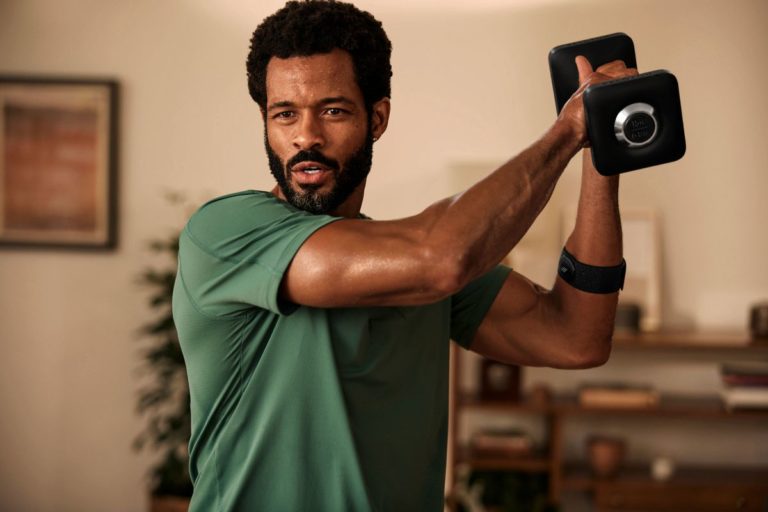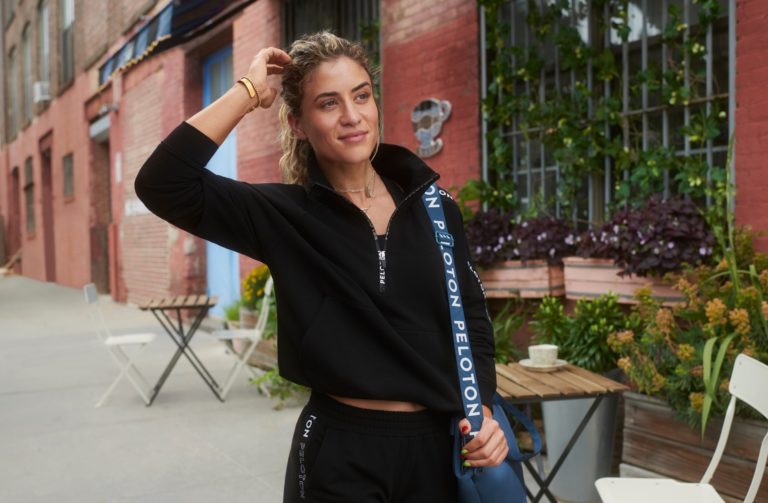Insider Briefings are designed for entrepreneurs, executives, and investors interested in boutique fitness, natural foods, fitness tech, and emerging wellness trends.
Here’s what you need to know today.
Wellness for the win
Whether it’s science-backed claims or Gwyneth Paltrow-backed nonsense, wellness sells. Even though we can’t quite put our finger on what it is, we know we want it. And retailers know it, too. That’s why everyone from Anthropologie to Nordstrom and Dollar Shave Club to WW (the brand formerly known as Weight Watchers) is vying for a piece of the $4.2 trillion (with a capital T) dollar “health and wellness” industry.
In recent weeks, Weight Watchers went as far as to change its name to WW, a move intended to steer the company away from its past as “your mom’s diet plan” and toward a future as a feel-good wellness community. At the same time, Dollar Shave Club 2.0, as it’s being called, is attempting to transition from the budget-friendly razor brand to the next big men’s wellness brand offering “head-to-toe” extensions, from skin creams to a print magazine. Anthropologie is getting in on the action, too, rolling out wellness sections in their stores that are oh-so-Anthro — wellness with just the right amount of whimsy.
The trouble, though, is much of what’s being championed in the name of wellness is actually expertly branded pseudoscience. But here’s the catch: the FDA doesn’t care and neither do consumers. Wellness has become an aspirational status symbol and acceptable humble-brag. For now, expect consumers to shell out big bucks for self-care and shortcuts to better health as more brands attempt to cash in on our obsession with wellness.
Fitness OS
From the outside looking in, name brands like Equinox, Planet Fitness, SoulCycle, and CorePower Yoga define the fitness space. However, behind the scenes, MINDBODY (the platform) and ClassPass (the middleman) are the operating system of the fitness landscape as we know it. In 2017, 40 million people used MINDBODY’s scheduling and management software to book 600 million fitness classes and spa or salon appointments. ClassPass, on the other hand, has raised $255M in funding to fuel the growth of its subscription-based, multi-studio membership.
While none of this is breaking news, what’s noteworthy is that, as fitness and wellness become central to our way or life (and spending surges), MINDBODY, ClassPass, and the future of the fitness industry is becoming part of a mainstream conversation.
First, the Fitt team took an industry-focused deep dive into dynamic pricing, discounts, and multi-studio memberships, framing out the current landscape. Then, The Ringer explored the topic from a consumer-centered perspective in How ClassPass and Mindbody Are Killing the Big-Box Gym. Both articles are highly recommended for anyone in or looking to get into the fitness space.
Plant power
Going vegan is gaining steam. That’s true the world over, but limiting our focus to the US reveals a 600% increase in people identifying as vegans in the last three years. However, when it comes to convincing carnivores to eat less meat, avoiding the v-word is proving to be best practice.
At the same time, as White Castle rolls the Impossible Slider out nationwide and A&W sells out of the Beyond Meat burger across Canada, many companies are steering clear of saying vegan or vegetarian, opting for the less-abrasive designation “plant-based” instead. Some companies are even asking restaurants to avoid using the terms in reference to their products on menus or promotional materials. The rationale is clear, as Pat Brown, Impossible’s CEO, puts it: vegan has cult-like connotations.
Whether you prefer to be part of a cult or you keep it PC, plant-based is a massive business that’s on track to become a $5B market by 2020. The upside is so good, in fact, that even the world’s foremost meat purveyors are getting in on the action. While Cargill and Tyson Foods have invested in cellular agriculture companies like Memphis Meats—who are growing meatless meats in the lab—Perdue Farms is rumored to considering the acquisition of a plant-based startup. “Our vision is to be the most trusted name in premium protein,” Chairman Jim Perdue said. “It doesn’t say premium meat protein, just premium protein. That’s where consumers are going.”
Wearable health(care) tracking
For years, we’ve been hearing about the impending wearables revolution. So far, fitness tracking devices like Fitbit haven’t quite lived up to the hype. But, with some help from the health and life insurance sectors, tracking your steps could actually count for something.
As competitors like Jawbone collapsed, and their own future was in question, Fitbit began charting a new course that included the acquisition of Twine Health—a collaborative software platform aimed at workplace wellness—in February of 2018. So, when the company announced its new platform, Fitbit Care, that combines wearables, digital health interventions, and health coaching as part of a more personalized healthcare experience, everything started to come together. Bolstering the announcement was word that Fitbit was partnering with Humana to offer Fitbit-spearheaded wellness solutions or health coaching to more than 5 million Humana members. Add to that the fact that, in 2019, John Hancock will only underwrite interactive life insurance policies that track fitness and health data through wearable devices and smartphones and Fitbit’s healthcare focus sounds promising.
There’s only one problem: as multiple studies on fitness trackers have pointed out, there’s “no evidence of improvements in health outcomes” associated with Fitbit-like wearables. Plus, concerns around data privacy are a deal-breaker for other would-be wearable users. In the short-term, there are still hurdles to health tracking, but long-term, as the Washington Post points out: “People who track their fitness may end up in better health and receive cheaper insurance relative to those who do not.”
Want to get in touch? Email anthony@fitt.co with tips, questions, or to continue the conversation.




